Qatar’s construction market will experience a compound annual growth rate (CAGR) of 9.6% during the forecast period to 2024. Qatar is expected to become one of the world’s fastest growing construction markets with strong growth prospects in the coming years, given the government’s plans to meet its massive infrastructure needs.
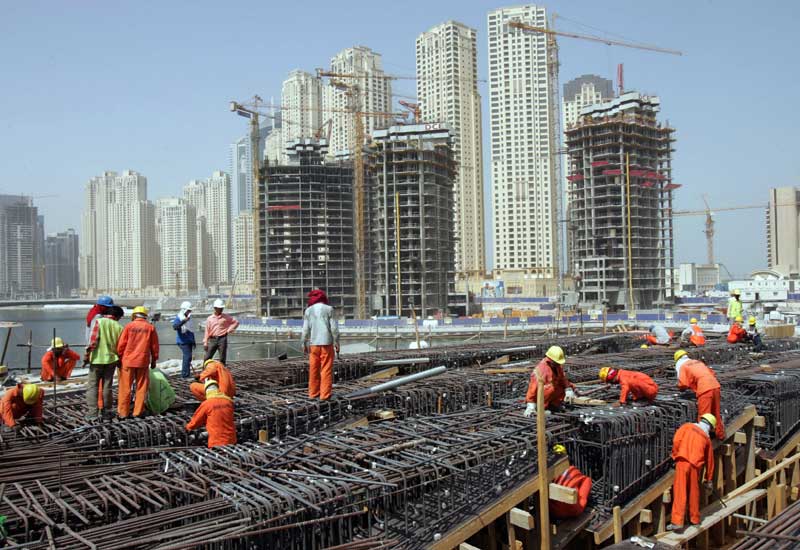
Tips for importers of porcelain tiles and ceramics to Qatar
As a major supplier of artistic ceramic tiles from Iran, we have recently seen an increase in requests from this region for our products. Many of these requests are made by experienced and skilled importers in the field of customs clearance in Qatar. However, not all of them are experts. We would like to share our knowledge with you when it comes to importing ceramic tiles or any other type of goods to Qatar. We hope this article is useful for your future activities.
Import rules to Qatar:
By law, all importers require an import permit to operate. Import permits are only issued to Qatari citizens or to a Qatari partner in a limited liability company and must be registered with the Ministry of Commerce and Industry.
This law also applies to wholly foreign-owned companies operating in Qatar.
In order to clear your goods from customs areas at the ports or land borders of Qatar, you must provide various documents:
- ۱. Detailed customs declaration
- ۲. Bill of Lading
- ۳. Certificate of Origin
- ۴. Pro Forma Invoice
- ۵. Import licenses
Information on specific requirements should be obtained from the General Administration of Customs and Ports. Inspection of goods is generally done at the customs station or by the order of the Director General and in the presence of the owner or his representative.
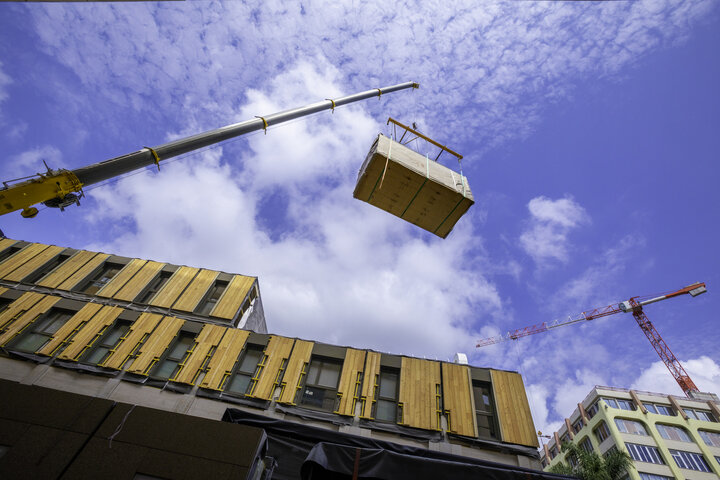
Qatar Customs has implemented new rules and regulations for imported cargoes destined for Qatar and arriving through Doha Airport and Port:
- ۱. Qatar Customs only accepts official invoices, official Certificate of Origin (COO) and packing list.
These are now mandatory. A shipment without these documents will not be cleared under any circumstances and will be returned to the origin.
It is mandatory to write the customs tariff code (HS-CODE) of the goods in the official invoice and certificate of origin, otherwise the shipment will not be accepted for clearance.
It is mandatory to write “Country of Origin” or “Manufacture” on individual parts, materials and cartons. The “Country of Origin” or “Manufacturing Mark” details on the shipment must match the information on the official invoice, certificate of origin and on the material (any discrepancies will result in the shipment being returned to origin).
In Qatar, the Letter of Credit (L/C) is the most common instrument for controlling exports and imports. When a letter of credit is opened, the supplier is required to provide a certificate of origin and a certificate from the ship’s master or shipping agency that the ship is authorized to enter Arab ports. Arab embassy or consulate or Arab Chamber of Commerce must certify both documents in the issuing country.
Letters of credit opened in Qatar are usually confirmed with re-shipment clauses. In Qatar, it is customary for importers to make their letter of credit calculations on a “cost and freight” (C&F) basis rather than “cost, insurance and freight” (CIF). Qatari businessmen prefer insurance coverage by local and international insurance companies to cover damage in transshipment (re-transportation) of goods covered by letters of credit.
The ceramic and tile market of Qatar has witnessed a significant growth in recent years and is emerging as one of the important markets in the region. This growth is mainly due to the booming construction sector in the country, especially in infrastructure, real estate and real estate projects.
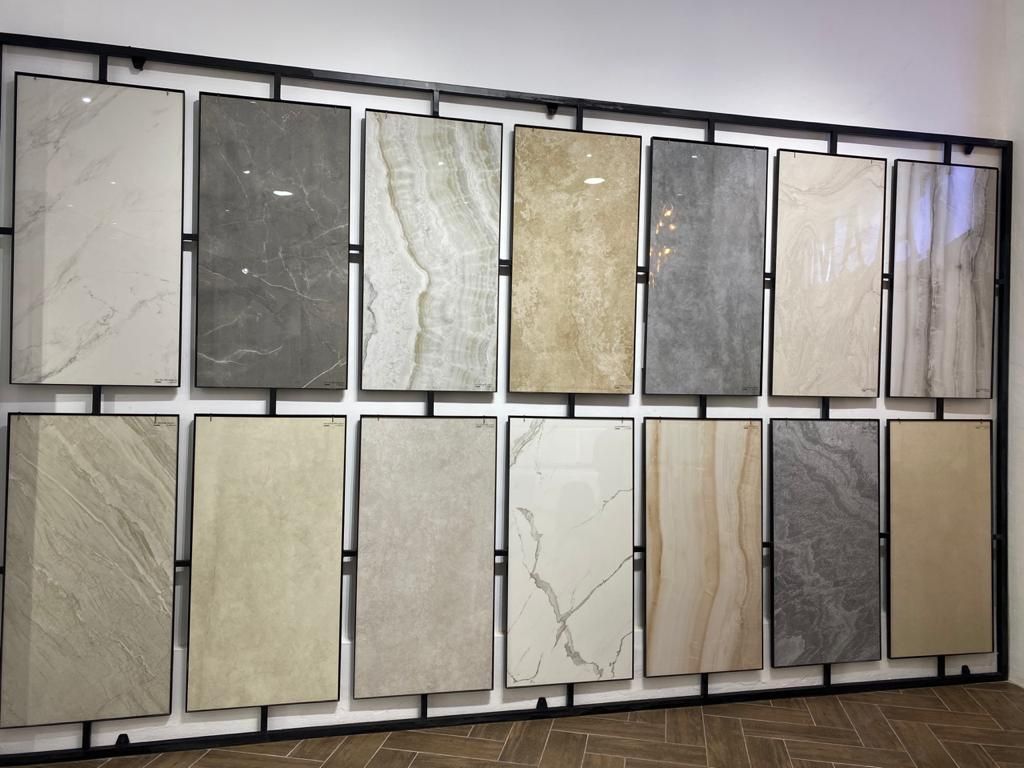
Demand based on type of ceramic tiles
In the Qatar ceramic tile market, there is a demand for many different types of ceramic tiles, however, some of the most popular are:
Ceramic Porcelain tiles: Due to their durability and beauty, they are popular among a wide range of customers, especially in luxury commercial and residential projects.
Ceramic wall tiles: They are widely used in bathrooms, kitchens and other residential and commercial areas. You can get various designs and colors of this type of tile from our website. www.cerampaksh.com/en
Ceramic floor tiles: Ideal for use on bathroom, kitchen and other residential and commercial floors. Ceramic floor tiles are available in different materials and designs, including ceramic, marble and granite.
Ceramic Mosaic tiles: Used to add elegance and beauty to walls and floors, especially in bathrooms and kitchens. Mosaic ceramic tiles are available in different designs, colors and materials such as glass, ceramic and natural stone.
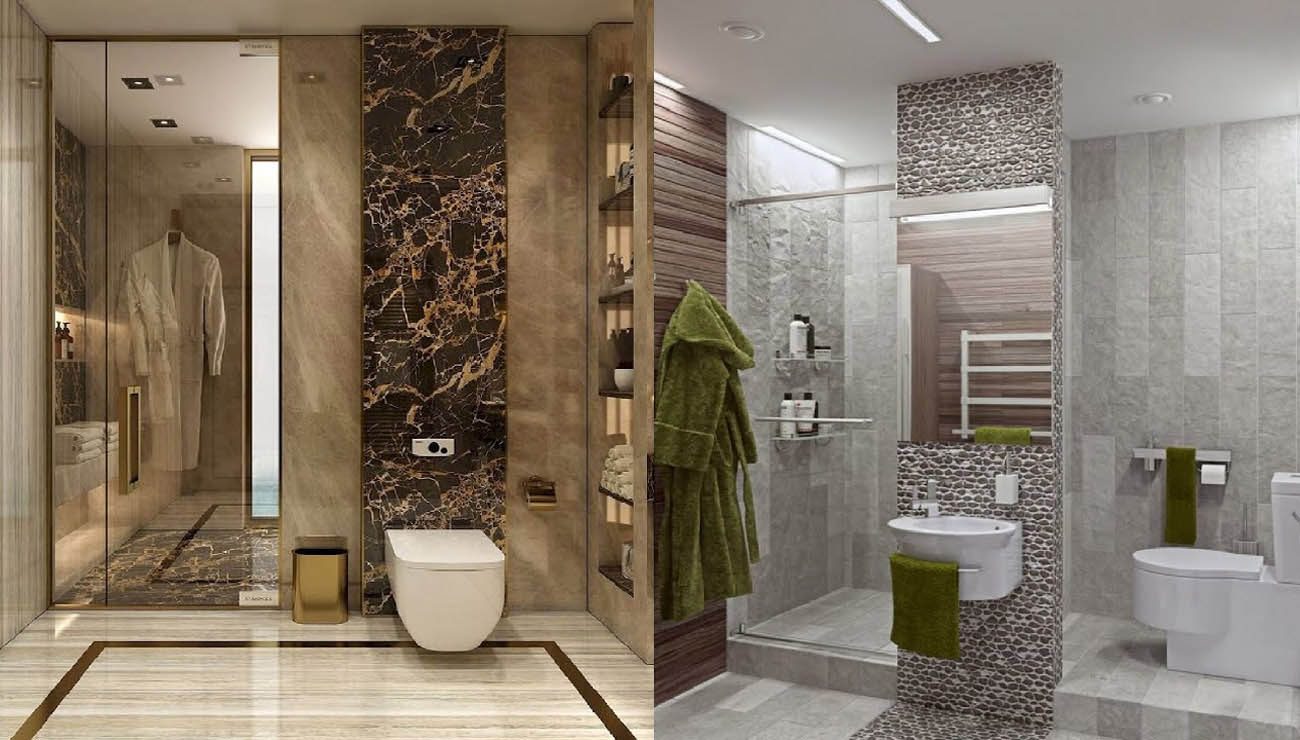
Key areas of demand:
The demand for ceramic tiles in Qatar is concentrated in different areas, including:
Doha: The capital of Qatar and the main center of trade and finance, Doha has the largest ceramic and tile market in this country. Demand in Doha is mainly driven by large construction projects, hotels and commercial complexes.
Al Rayyan: Qatar’s second largest city, Al Rayyan is witnessing an increase in demand for ceramic tiles due to the rapid growth of the real estate sector.
Other regions: Demand for ceramic tiles is increasing in other regions of Qatar, including new residential areas and infrastructure projects.
The most important influencers of the market
Some of the key influencers in the Qatar ceramic tile market are:
State-owned companies: State-owned companies such as the Qatar Company for Infrastructure (Qatari Diar) and the state-owned Qatar Mining Industry Company (QMI) play an important role in large-scale construction and infrastructure projects, thus creating a significant demand for ceramic tiles.
Domestic manufacturers: There are a number of domestic ceramic tile manufacturers in Qatar such as Qatar Ceramics and Mosaic Company (QCM) and International Ceramic Tile Company (ITC).
Importers: Due to the variety of demand in the market, importers play an important role in supplying ceramic tiles from different countries such as Italy, Spain, China and India.
Challenges and prospects
Although Qatar’s tile and ceramic market offers attractive opportunities, it also faces challenges, including:
Intense Competition: Competition is increasing due to the entry of new companies into the market.
Increase in the price of raw materials: The increase in the price of raw materials such as clay and stone can negatively affect the profitability of producers and importers.
Exchange rate fluctuations: Exchange rate fluctuations can affect the price of imported ceramic tiles and create challenges for planning and budgeting.
Despite these challenges, the outlook of Qatar’s ceramic and tile market is still positive. The demand for ceramic tiles is expected to continue to grow in the coming years due to the following factors:
Continuous growth of the construction sector: It is expected that the construction sector in this country will continue to grow according to Qatar’s long-term development plans.
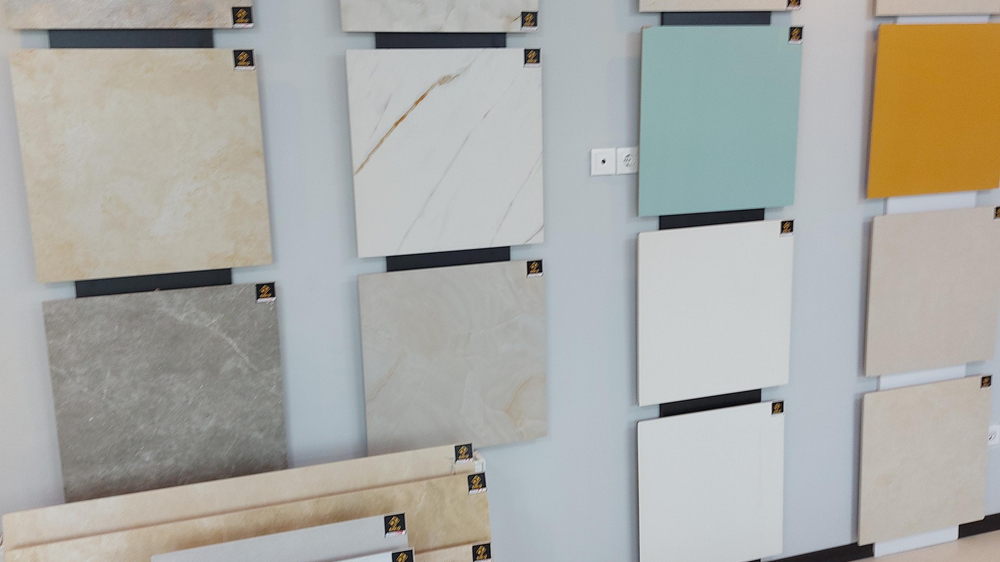
Procedure for exporting ceramic tiles to Qatar
General steps:
Conduct market research: Before starting the export process, it is imperative that you conduct a thorough market research on the Qatar ceramic tile market. This includes understanding the demand for different types of ceramic tiles, market trends, competition and legal requirements.
Find customers: You can find customers by attending trade shows, contacting construction companies and contractors in Qatar, or using online B2B platforms to find potential customers.
Preparing Samples and Proforma Invoice: After finding a customer, you should provide samples of your ceramic tiles along with a proforma invoice that includes product details, price, payment terms, and shipping terms.
Conclusion of the contract: After agreeing on the terms, you must conclude a written contract with the client. This contract should include all details related to the transaction including price, payment terms, delivery date, shipping terms and dispute resolution.
Preparing the goods for shipping: After concluding the contract, you must prepare your ceramic tiles for shipping. This includes proper packaging, marking and labeling and preparation of necessary documents such as commercial invoice and certificate of origin.
Transportation: You can transport your ceramic tiles to Qatar by sea, air or land. The choice of shipping method depends on various factors such as cargo volume, budget and time requirements.
Customs Clearance: After the shipment arrives in Qatar, you need to clear it through customs. This includes submitting necessary documents to customs authorities and paying customs duties and taxes.
Receive payment: After the goods are cleared, you can receive your payment from the customer.
Compliance with legal requirements: Ceramic tile exporters to Qatar must comply with all relevant legal requirements, including product standards, labeling requirements and customs regulations.
Use a shipping agent: You can use a shipping agent to help with the shipping and customs clearance process.
Insuring the shipment: It is recommended that you insure your shipment to protect against possible shipping risks.
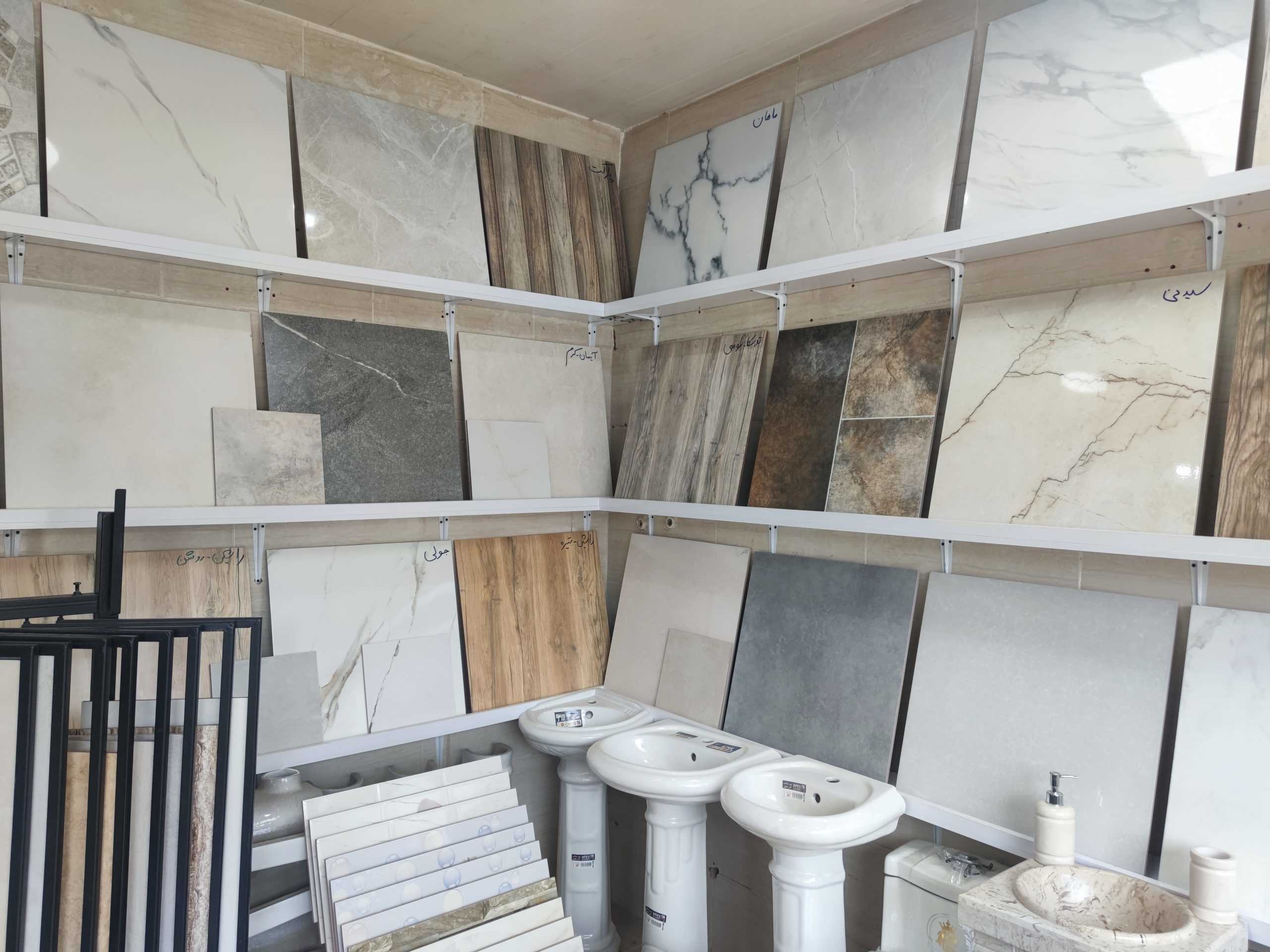
Importing ceramic tiles from Qatar:
General steps:
Finding suppliers: You can find suppliers by attending trade shows, contacting ceramic tile manufacturers and exporters in Qatar, or using online B2B platforms to find potential suppliers.
Contract conclusion: Once you have found a supplier, you must enter into a written contract with them. This contract should include all details related to the transaction including price, payment terms, delivery date, shipping terms and dispute resolution.
Opening Letter of Credit (L/C): L/C is an international payment instrument used to guarantee payment to the seller after fulfilling his obligations.
Shipping: You can import your ceramic tiles from Qatar by sea, air or land. The choice of shipping method depends on various factors such as cargo volume, budget and time requirements.
Customs Clearance: After the shipment arrives in your country, you need to clear it through customs. This includes submitting necessary documents to customs authorities and paying customs duties and taxes.
Inspection of goods: Before clearance of goods from customs, customs authorities may inspect the goods to check compliance with necessary standards and legal requirements.
Receiving the goods: After clearing the customs, you can receive your goods from the shipping company.
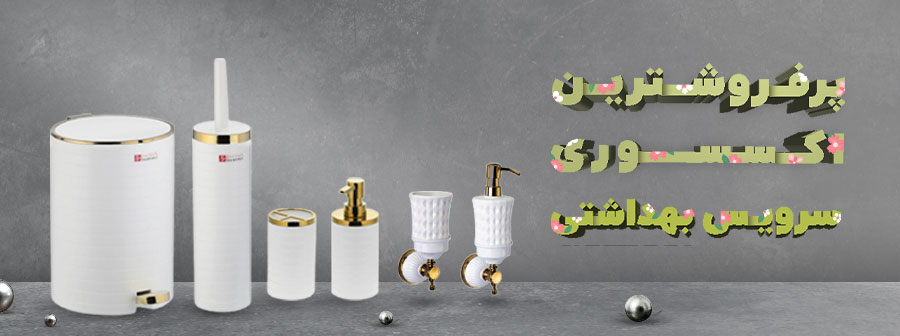
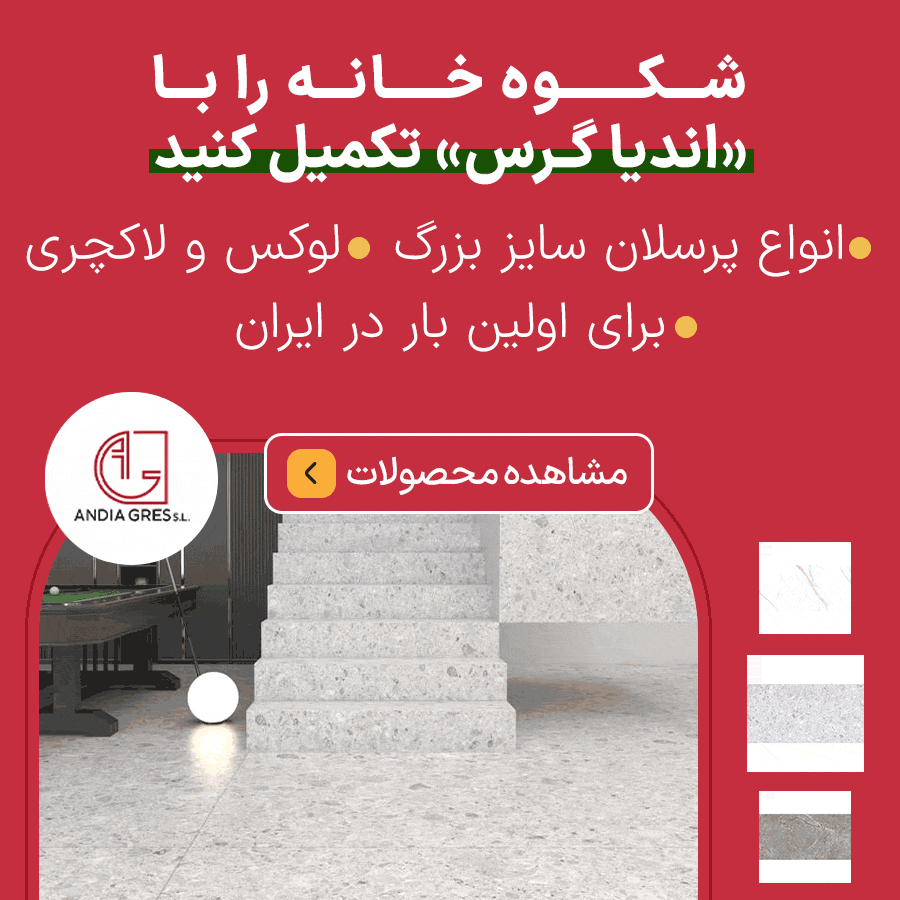
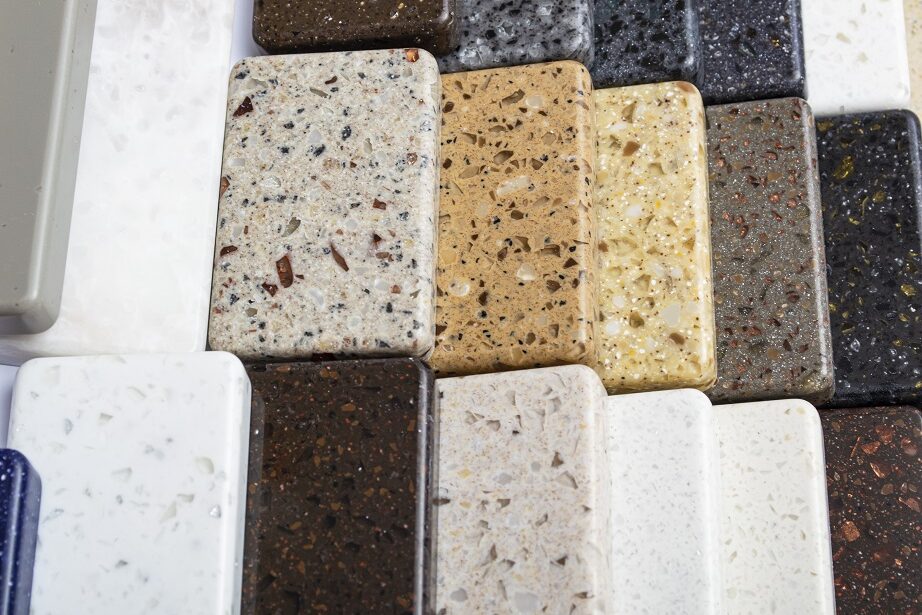
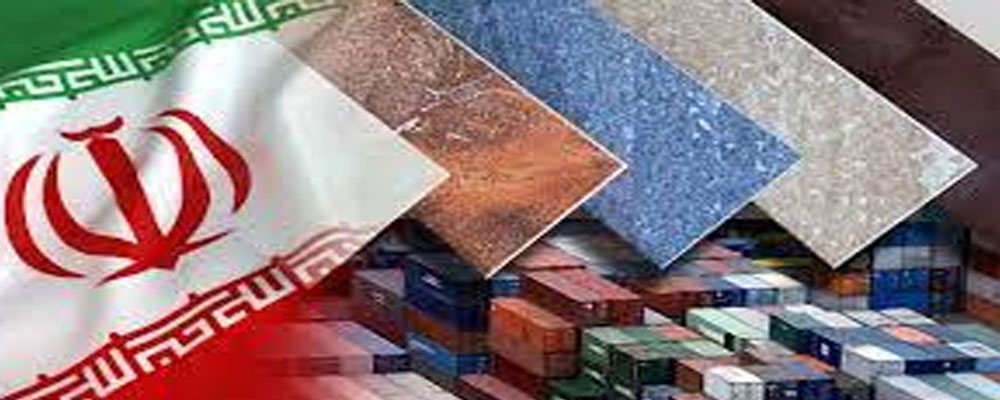
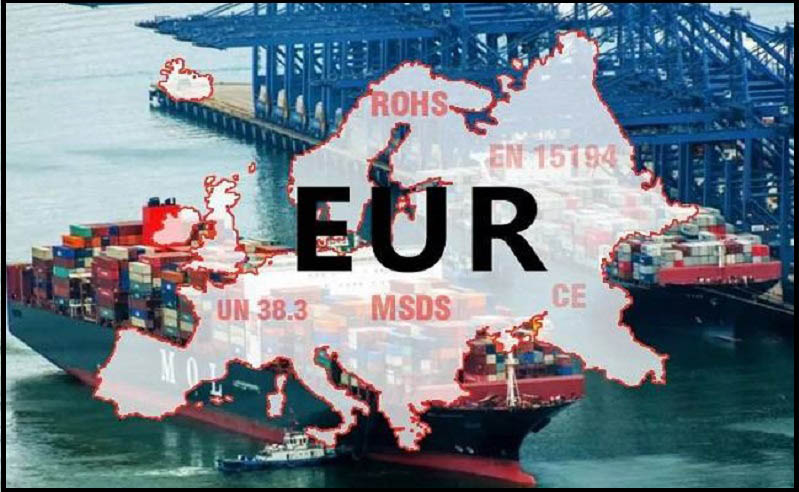
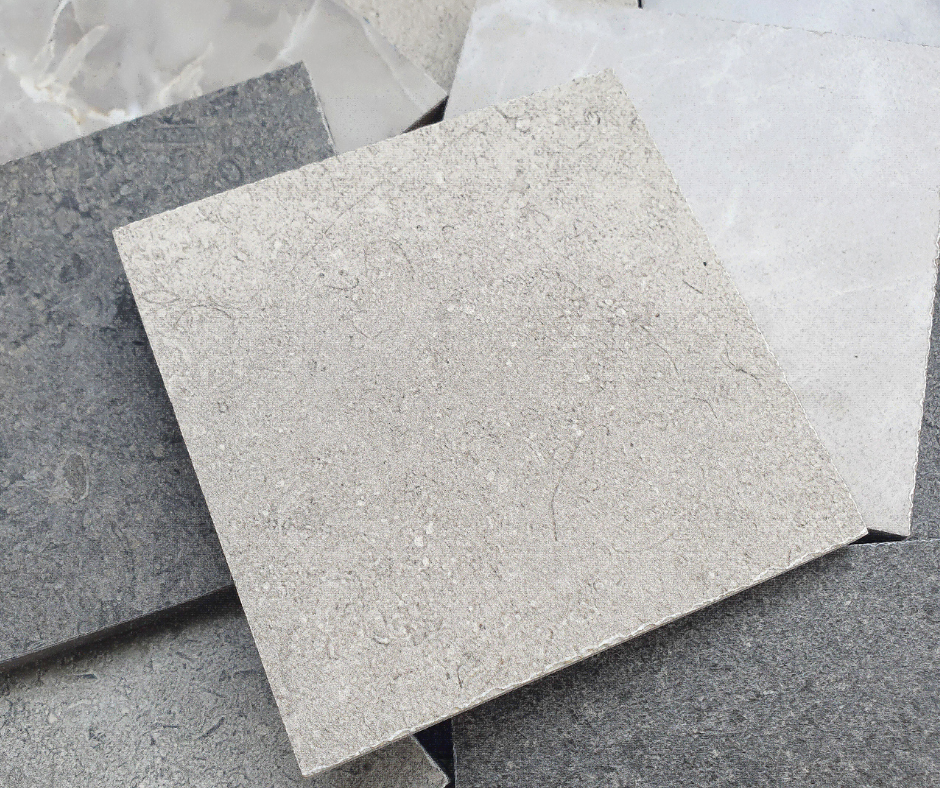

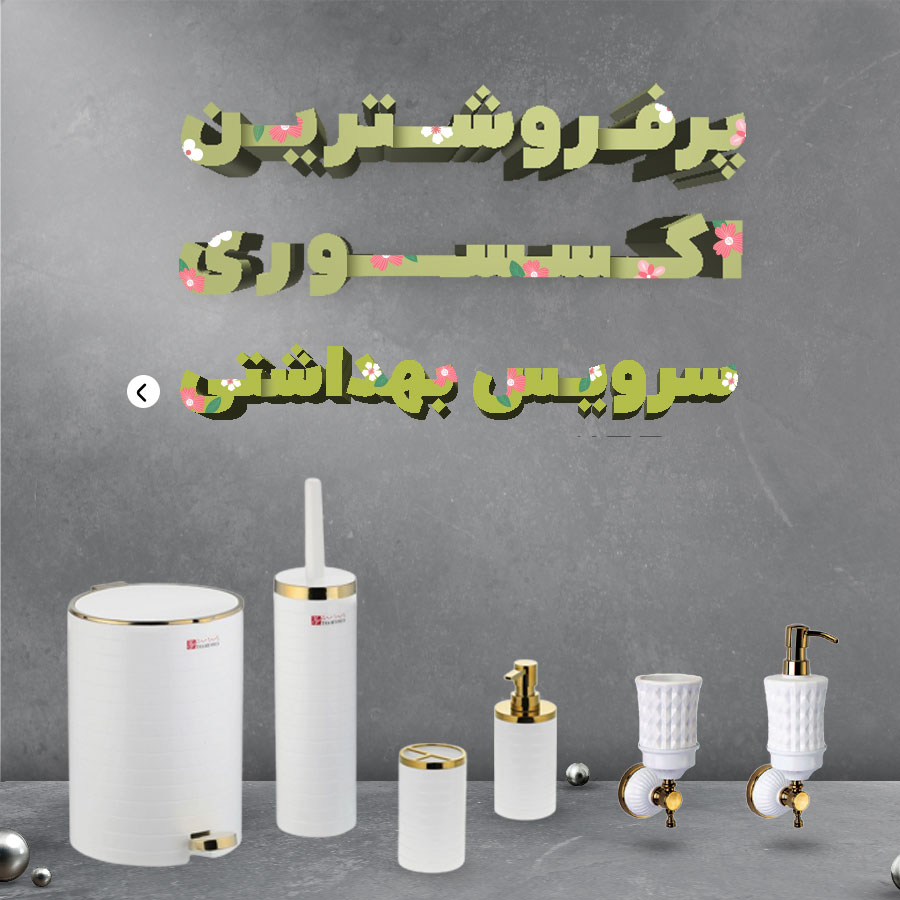

نظرات ۰